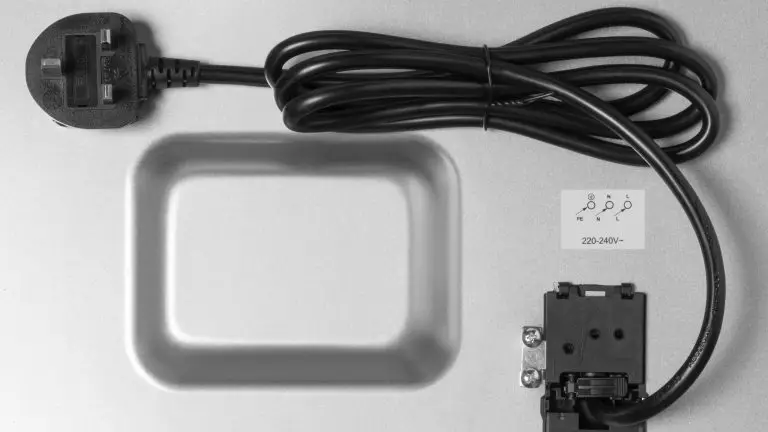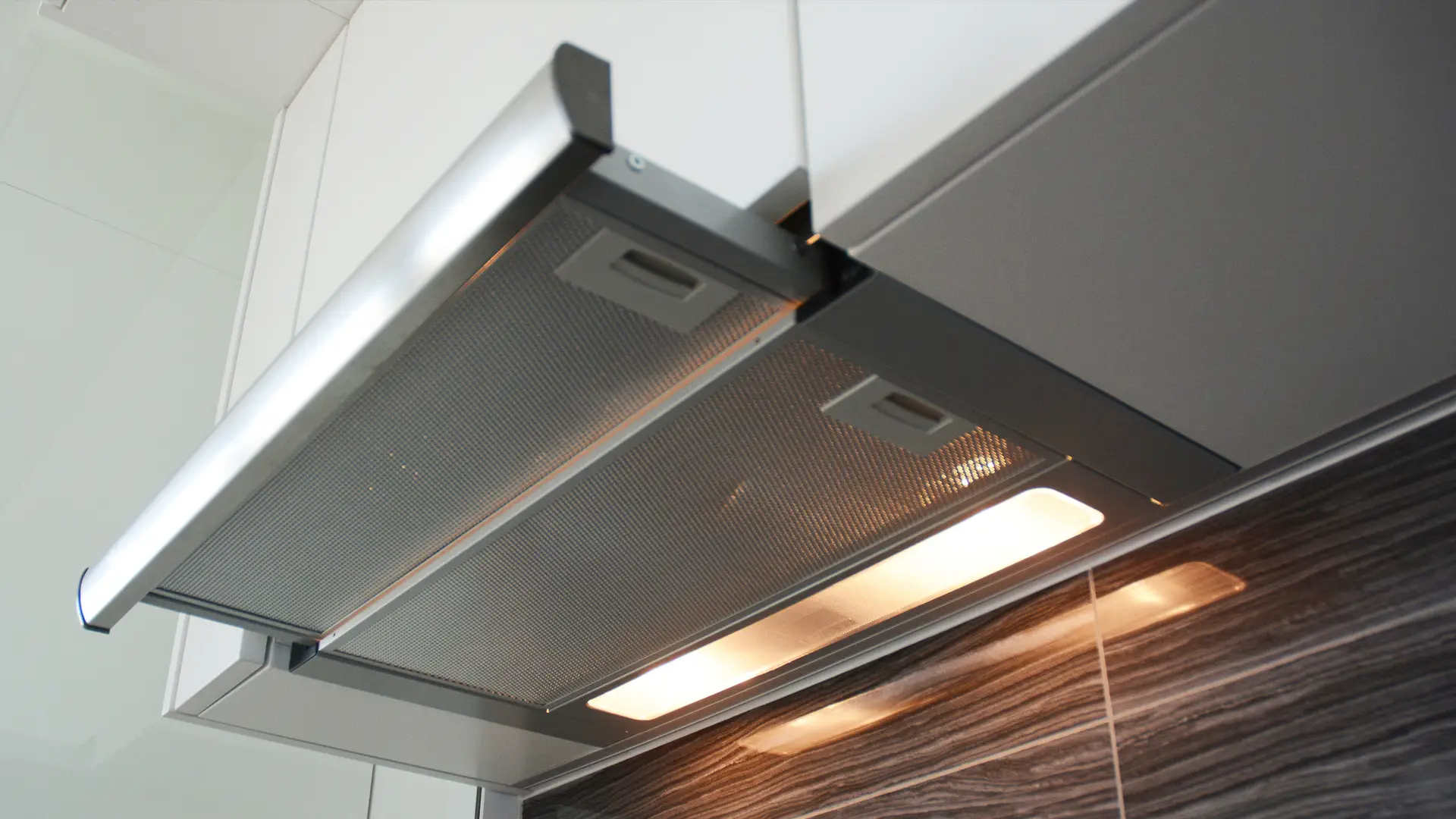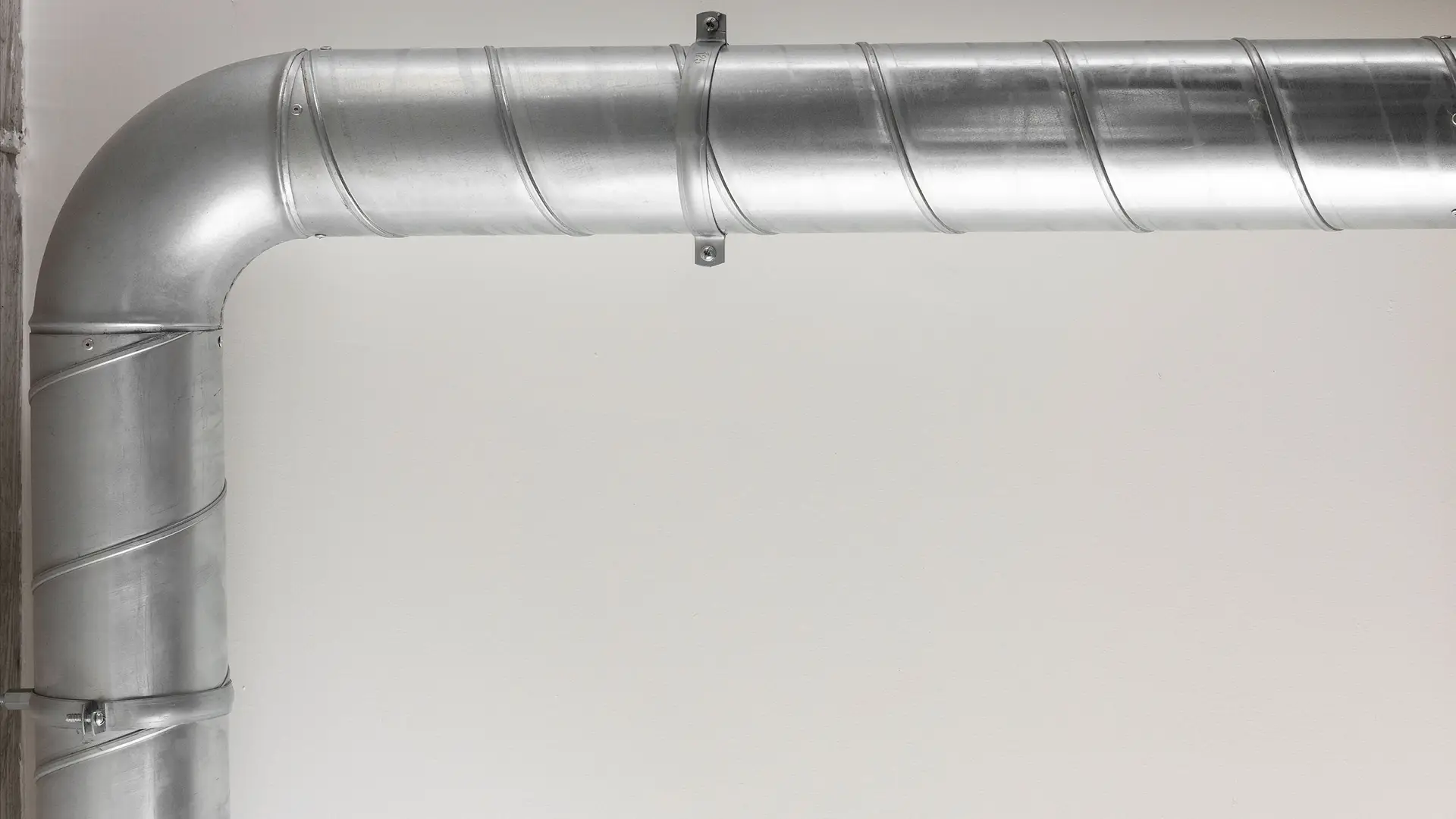
Can I Plug an Oven into a Normal Socket?
It’s a common question, especially when you’re installing a new oven or upgrading your kitchen: can I plug an oven into a normal socket? The short answer is – it depends on the oven’s power rating. In the UK, some ovens can be plugged in like a kettle, while others require professional hardwiring.
Understanding Oven Power Ratings
Every oven has a kilowatt (kW) rating, which tells you how much power it needs. Most UK ovens fall between 2kW and 4kW. This is important, because standard plug sockets are rated to handle up to 13 amps – that’s roughly 2.99kW at 230 volts.
When You Can Use a Normal 13 Amp Plug
If your oven is rated at 3kW or below, it can usually be plugged into a standard 13 amp socket. Many single electric ovens fall into this category, particularly compact or built-under models. These often come with a plug already fitted.
-
✓ Easy DIY installation:
Simple to set up without professional help. -
✓ No need for a dedicated circuit:
Works safely on a standard 13 amp socket when within the power limit. -
✓ Safe to plug in:
As long as the oven is rated at 3kW or below, it can operate safely from a regular socket.

When an Oven Needs to Be Hardwired
If your oven is rated above 3kW, it must be hardwired into a dedicated circuit with a higher amp fuse, typically 16A or 32A. This ensures the oven can draw power safely without overloading a socket or tripping your fuse box.
-
✘ Do not use a standard plug:
High-power ovens cannot safely run from a regular 13 amp socket. -
✓ Must be connected to a cooker control unit:
A qualified electrician should hardwire the oven into the correct circuit. -
✓ Often applies to larger ovens:
Double ovens and bigger built-in models almost always require hardwiring.
UK Wiring Regulations Explained
According to UK building regulations, particularly Part P, electrical work in kitchens should be done by a competent person — usually a qualified electrician. This ensures your installation is safe and compliant, especially for appliances over 3kW.
Risks of Plugging in an Oven That Should Be Hardwired
Trying to bypass proper installation can be dangerous. Here’s what can go wrong if you plug in an oven that exceeds the limits of a normal socket:
-
🔥 Overheating cables:
Excessive power draw can cause wiring to overheat, posing a serious fire risk. -
⚡ Tripped circuits or fuse box damage:
Overloading the socket can trip breakers or even damage the consumer unit. -
❌ Voided warranty or insurance issues:
Incorrect installation may invalidate your oven’s warranty and affect home insurance claims.

How to Tell What Your Oven Needs
Always check the oven’s rating plate or user manual. Look for a sticker (usually near the door or on the back) that shows voltage and kW usage. If it’s under 3kW and comes with a plug — you’re good. If it has a bare cable and no plug, it likely needs hardwiring.
Built-In vs Freestanding Ovens
Built-in ovens are often suitable for a standard 13 amp plug, but not all models are. Freestanding ovens, on the other hand, usually require hardwiring due to their higher power demands.
Conclusion
So, can you plug an oven into a normal socket? Yes – but only if it’s under 3kW and comes with a plug. Anything higher should be professionally hardwired. When in doubt, always consult your manual or a certified electrician. It’s better to be safe than sorry – especially when dealing with high-powered kitchen appliances.
Frequently Asked Questions
See More from the CATA Blog
Want more expert guidance on choosing, using and caring for your kitchen appliances? Visit the CATA blog for clear and reliable tips, how to guides and buying advice to help you get the best from your kitchen.
- All Posts
- Cooker Hood Guides & Advice
- Dishwasher Guides & Advice
- General Appliance Guides & Advice
- Hob Guides & Advice
- Laundry Guides & Advice
- Microwave Guides & Advice
- Oven Guides & Advice
- Wine Cooler Guides & Advice

Discover the ideal humidity for wine storage and how to maintain it. Keep your bottles in perfect condition with the...

Do cooker hoods use much electricity? Discover typical running costs, energy ratings and tips to keep energy use low. Read...

Discover why 90° bends reduce airflow more than 45° in cooker hood ducting. Learn how to optimise your kitchen’s extraction...